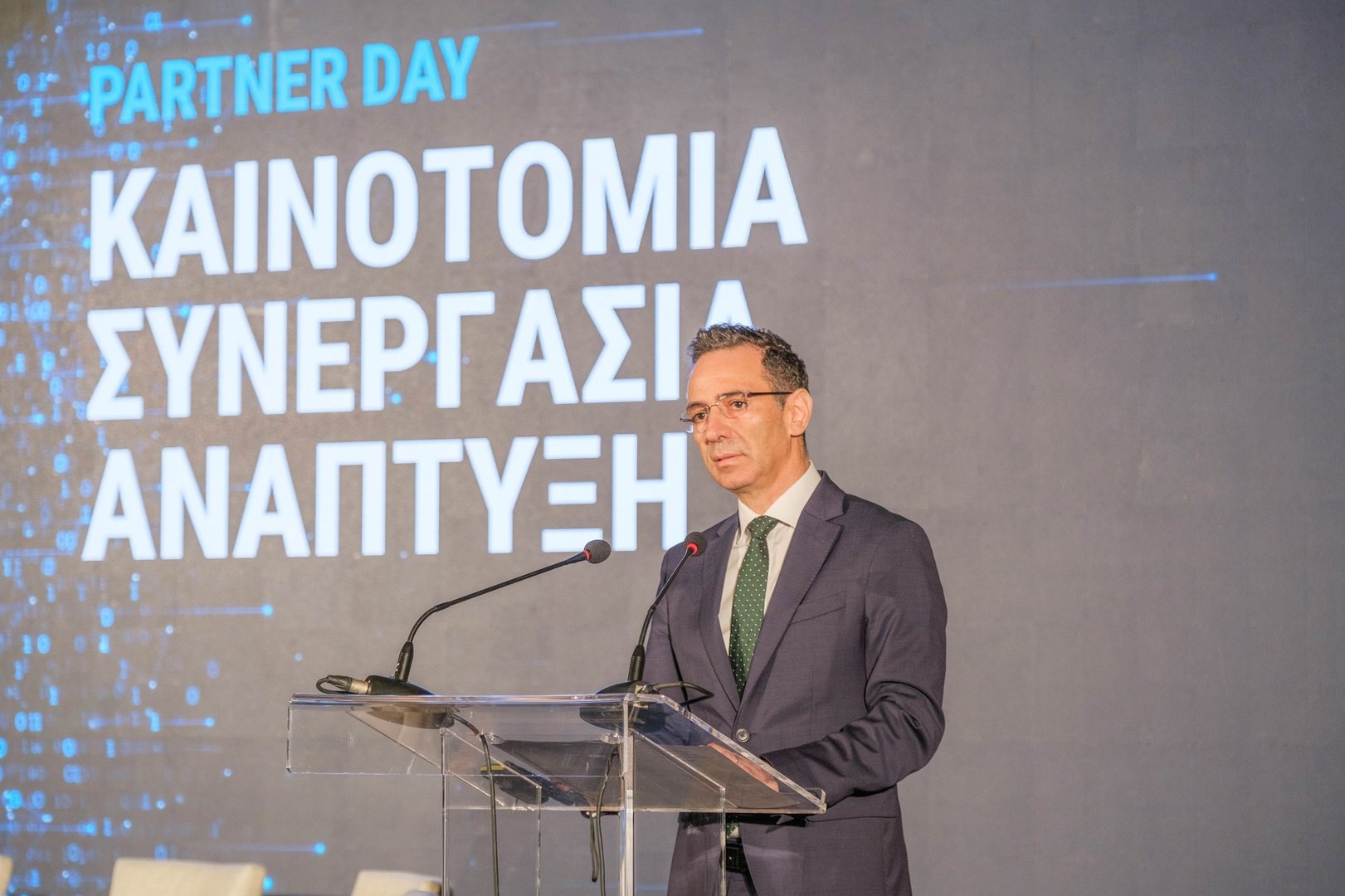Deputy Minister of Research Nicodemos Damianou on Friday stated that the public can expect to see concrete progress in the digital transition within the year, referring to specific timelines for achieving key milestones outlined in the state’s digital policy.
“Digital transformation is the main challenge,” he said, noting that the intention is “to move towards e-government”.
He explained that this includes “the digital services that the state makes available to citizens, as well as professionals and businesses, so that everything does not need to be done with a physical presence.”.
To accomplish this goal, the “digital citizen” initiative will be introduced, featuring a mobile application allowing individuals to store official state documents digitally.
“We will start this year with three basic documents, the identity card, the driving license, and the vehicle suitability certificate,” he said.
At the same time, the new central government gateway (gov.cy) is being implemented, through which the digitisation of state services will gradually begin.
“We have a scheduled estimate for the first version of the government gateway for the middle of the year, set for June-July,” he said.
He explained that through this gateway, one will be able to carry out various tasks with state services, without physical presence.

Nicodemos Damianou, Deputy Minister of Research, Innovation, and Digital Policy
“This means that we will save a lot of time, we will be more flexible, and finally we will give people something significant,” he stated.
Asked if there will also be integrated communication between the various systems of government services, he said that one challenge of implementing the above project is that the corresponding procedures will also have to change.
“We are consulting with the relevant ministries so that the digital tool we will give to people will have substance,” he stressed.
“Through this process, in a progressive manner, we will try to correct these problems,” he said.
“I hope that in May we will be able to announce how we will provide each citizen with an electronic identity and electronic signature,” he said.
He explained that electronic identity is different from the digital form of our physical identity.
“It is our identity in the digital world, it is the way I will authenticate myself on the government gateway, to submit an application,” he said.
He clarified that the tool will be made available to any other organisation that wants to incorporate it into its procedures, such as banks.
Regarding the electronic signature, he said that “if some of the services I want to carry out with the state require a handwritten signature, instead of printing the form, signing it, and going out for signature certification, I will be able to download the form in electronic format, sign it with my electronic signature and send it electronically”.
“Now this signature does not need certification,” he added.

Integration of artificial intelligence
“We aim to implement the ‘digital assistant’ within the fourth quarter in the new government gateway,” which will utilise generative AI technologies, in the vein of ChatGPT, said the Deputy Minister.
He explained that it would be a useful tool because people can easily obtain the answers they require.
“People are now starting to demand such tools, instead of picking up the phone, they can use their mobile phones or computers,” he noted.
Regarding the broader use of artificial intelligence in implementing the ministry’s plans, he said, “I am convinced that artificial intelligence is one of those cutting-edge technologies that has come to stay and will influence everything across the board”.
What is more, he explained that the government is reviewing the state’s strategy for artificial intelligence.
“We want to incorporate artificial intelligence into state functions, such as tourism, policing, cybersecurity, and agricultural issues,” he stated.
“There are many areas where we need to find solutions, and there are countries that have done so. Therefore, we also look at examples from other countries,” he added.
Furthermore, he stated that “artificial intelligence is a key pillar in achieving the goal of making Cyprus a regional hub for technology and data”.
Asked about the risk of spreading fake news and misinformation through the creation of texts, images, and videos through artificial intelligence, especially concerning the European elections, he said that artificial intelligence also entails risks.
However, Damianou said that “I believe that for these specific elections, given the way they are conducted, there is no such issue”.
“Our processes are such that I do not believe there is such a risk,” he concluded.







Click here to change your cookie preferences